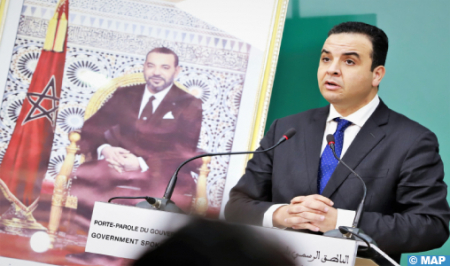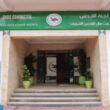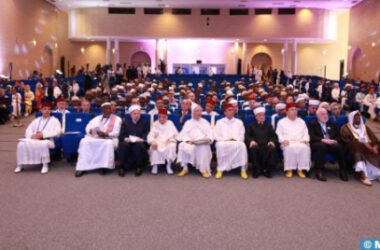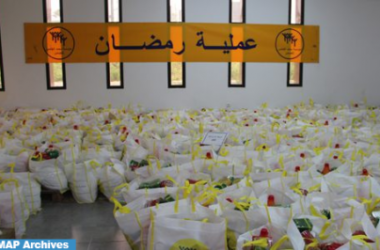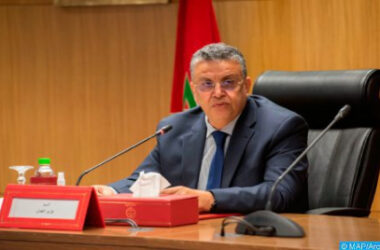In response to a question at a press briefing after the meeting of the Government Council, Baitas said that these interventions, conducted on royal instructions have benefited 55 local communities in the provinces of Al Haouz, Ouarzazate, Taroudant, Tinghir, Midelt, Chichaoua, Tata, Guelmim, Errachidia, Zagora and Chtouka-Inezgane.
After recalling that heavy rains and snowfall were recorded during the period from 13 to 20 February, with a depth of snow exceeding 150 cm in some areas, especially in the High Atlas, and which led to the cutting of traffic on some roads, the Minister stressed that more than 400 machines have been mobilized, including trucks, snow ploughs, drills and bulldozers.
“Until February 22, and as part of efforts to ensure normal traffic, 57 roads have been reopened and only three are still being worked on, given the extent of the damage caused by the floods,” he said.
Baitas also reported the restoration of electricity and telephone networks in the provinces of Ouarzazate, Zagora and Taroudant, noting that the operation to open up the province of Tinghir is still underway.
In addition, he mentioned the organization of 26 specialized medical caravans for the benefit of more than 16,382 people, as well as the programming of 35 other caravans and the distribution of 74 tons of medicines in all the provinces of the region, noting that interventions were carried out by helicopters of the Royal Armed Forces and others by ambulances.
His Majesty King Mohammed VI had given his high instructions for the implementation of an emergency aid operation, following the significant drop in temperature and snowfalls especially in the provinces of Zagora, Ouarzazate and Taroudant.
Carried out by the Mohammed V Foundation for Solidarity, this action consisted in intervening as close as possible to the populations, especially in the remote mountainous douars, by providing emergency humanitarian aid composed of food products and blankets as well as adapted social support and local medical care.





